This is the third part of a six-part series counting down the 53 greatest movies of the 21st century (so far). The previous chapter can be found here. The next chapter will publish ahead of New Years.
- American Sniper (2014)
I’m willing to meet my Creator and answer for every shot that I took.
At long last, Hollywood tells a real story about the War on Terror. Only Clint Eastwood would have the courage to reveal just how barbaric our enemies are, to reveal that this truly is a war of American good vs. a primitive evil. Eastwood is not only a living legend and one of our all-time great directors, he remains — in his own quiet, thoughtful. and dignified way — one of the last true true iconoclasts.
My favorite moment doesn’t occur on a battlefield, doesn’t have anything to do with war or action or camaraderie… Well, actually it does… It has everything to do with that.
Chris Kyle (Bradley Cooper), the most successful sniper in American history, is sitting in a psychiatrist’s office trying to get to the bottom of the trauma that’s ruining what should be an idyllic home life. We know what’s coming. We’ve been trained by left-wing Hollywood to know. We’ve seen it a million times. This warrior is haunted by what he did, by all the killing, by a country that turned him into a killer.
And then it doesn’t happen…
Instead, Kyle reveals something astonishing, admits he’s haunted by the fact he didn’t kill enough of those godless “savages.” His job was to take out those savages before they could blow up his fellow warriors, before more innocent Iraqi men, women, and children we’re murdered with power drills. That’s still happening over there while he sits at home over here. He didn’t kill them all, and he just can’t live with that.
In one swift moment of moral clarity, Eastwood wiped out decades of clichés, something he’s been doing for decades.
- Watchmen (2009)
I’m not locked in here with you. You’re locked in here with me.
One of those movies that improves with every viewing, where you discover something else, something new that deepens the experience. Few movies have grown on me as much, have kept pulling me back with the knowledge there is something I missed the last time, something worth looking for.
What makes Watchmen special is not just its unapologetic presentation, a gonzoism that would not be possible in today’s fascist Woke Era, — it’s the existential debate this three-hour epic has.
Watchmen presents humanity at its very worst and then hands our fate over to a bunch of morally-comprised, super-antiheroes humanity has outlawed and turned against. And then it asks the question, “Are we worth saving, and at what cost?”
The answer is one you never see coming, which makes your second viewing all the more satisfying. Knowing where everything is headed, only deepens the experience.
What looks and feels like nihilistic abandon is nothing of the sort. The man who feels nothing but contempt and hatred for humanity, and the man who feels nothing at all, make the ultimate sacrifice on our behalf — even though we probably don’t deserve it.
- Gladiator (2000)
He must kill your name before he kills you.
A good old-fashioned swords and sandals epic with a thematic focus on faith, family, and democracy.
A more than worthy successor and addition to the very best of this genre: Ben-Hur, Spartacus, The Robe, and El Cid.
- Hustle & Flow (2005)
You Mormons are some brave motherfuckers.
Writer, director Craig Brewer takes one of the most conventional of Hollywood tropes — the rags-to-riches story — and electrifies it with the most inspiring characters imaginable.
Think about how often this story has been told. The focus is always on the obstacles and no matter how poor or desperate our protagonist is, it’s already there. What I mean is that our hero already knows what he wants, has the drive to get it, and the only thing standing in his way is that one opportunity, that chance to prove himself.
Brewer flips this right on its head. The primary obstacle here is a man’s pride.
Djay (Terence Howard, who should have won the Oscar) is a thirty-something, Memphis-based pimp and drug dealer who’s so small-time he can’t afford to fix the air conditioning in his shitty car. He lives in house that should be condemned and pimps out a tired-looking stable (a pothead, a mouthy stripper, and one so pregnant she’s about to burst) for $20 a pop. Hustle & Flow’s (brilliant) opening scene is so sweaty and despairing, you wonder how you’ll be able to stand these characters and their miserable existence for the next two hours.
Yet, inside Djay something burns. Not the usual-usual desire to be a capital “S” Star, not the usual-usual dream of money, fame, and that one opportunity. No, Djay has something he needs to say, and he needs to say it through music.
Somehow, unlike so many of us, Djay has been gifted with the self-awareness to look at himself as though he were someone else; so he knows his life is shit, knows he’s running out of time for a last chance.
In a beautiful and subtle moment, it’s the gospel song “If He Changed My Name,” a song about accepting the risks that come with changing your life for the better, that inspires Djay to move from quiet desperation to action:
I told Jesus it would be alright if He changed my name
So I told Him it would be alright and the world would hate me
That I would go hungry if He changed my name
Brewer also has something to say about the complicated miracle of the American Dream. It’s no accident everything Djay works for is dead-lined July 4, and it’s also no accident that Djay’s first glimpse of celebrity power and fame end in disaster on July 4.
The music, the performances, the humor… Watching a lowlife pimp and his two prostitutes (an outstanding Taryn Manning and a star-making role for Taraji P, Henson) partner up with a nerdy white-boy (a perfect DJ Qualls) and a hen-pecked husband… Watching them fight for the better life they know is out there… Watching them discover a sense of purpose, hope, meaning, and determination in a squalid room covered in cardboard drink caddies, is one of the most American things ever captured on film.
As powerful as all the actors are, though, it’s Howard who delivers the knock out. When he sings…
It ain’t over for me, no it ain’t over for me
I’mma step my game up and get what’s comin to me
…you believe it, you feel it, because Howard’s pimp is never a parody. Even with the silver rims and gold teeth, Djay is one of us, part of our exclusive tribe, a member of the American family of humanity willing to risk the thing that matters most to him– his pride — for a shot.
- Furious 7 (2015)
One last ride.
The most unlikely blockbuster franchise imaginable turned the untimely and tragic death of its star Paul Walker into an opportunity to prove just how well its creators understand and respect its fans.
Talk about sticking a landing.
From an earlier review: “Even in 2001, even before the freedom-crippling Obama-era, the idea that a cast of film characters would pray to Jesus together felt revolutionary. The men were masculine, the gas-guzzling American car and the freedom it symbolizes were rightfully objectified, as were beautiful, independent, strong but still feminine women.
“Over time the franchise has only become more conservative. Racial colorblindness (an idea the left finds obscene) and an outspoken theme about the importance of family permeate almost every scene. The promise of an unborn child (translation for the left: a clump of cells) is not just seen as a joyous occasion, but as a reason to settle down, grow up, and accept responsibility.”
- Up (2009)
That might sound boring, but I think the boring stuff is the stuff I remember the most.
From a previous review: “Throughout the aughts, the Pixar magic could not stop itself from reaching one artistic height after another. Living toys, talking fish, incorporated monsters… All canon, all high concepts wonderfully realized. Then along came Up, a decidedly low-concept (balloons transport a house) charmer about a grumpy widower and the adventure he shares with a precocious boy scout.
“The first ten minutes exquisitely break your heart.
“The rest of this wondrous film exquisitely mends it.”
- Sexy Beast (2000)
I’ve had enough of this “Crime and Punishment” bollocks. I’m happy here.
Thanks primarily to Gandhi’s incredible and electrifying performance as the most terrifying, loathsome, and intimidating villain ever, what we have in Sexy Beast is the best offering ever from the British gangster genre.
Ben Kingsley’s monster is tossed like a rock through the front window of Gal’s (a fabulous Ray Winstone) perfect life. In fact, an actual boulder does come crashing into the symbol of everything Gal has worked so hard for — the tiled swimming pool he lolls around at his Spanish villa.
Gal represents everything we movie watchers find ourselves hoping for, even when our conscience knows better: the gangster who gets away with it. In Gal, we finally have a crook who did what we tell ourselves we would do in his situation: grab that pile of ill-gotten money and go live a dream life before it’s too late.
Gandhi is having none of it.
For reasons made perfectly clear in the opening scene, Gal doesn’t want to pull that “one last job.” Why would he? He already did pull that “one last job” and got away clean. But Gandhi insists, and what is a scintillating character study eventually turns into a clever, exciting, and tension-filled heist film.
- Black Hawk Down (2001)
You shouldn’t have come here. This is a civil war. This is our war, not yours.
This heartbreaking, maddening, complicated (in a good way) and exciting story, told by Ridley Scott, one of the all-time great commercial filmmakers, is not just a masterclass in action film-making (and the best war film in 30 years), it should have served as a warning for the decade to come.
Based on the true story of the failed, late-1993 U.S. operation in Somalia, Scott superbly portrays the breathtaking heroism of the American fighting man in what is really a two-day retreat. American forces launch a doomed mission to capture a dictator in the middle of a civil war. Things go sideways immediately, two of our helicopters are shot down, and a few dozen incredibly brave men attempt to save themselves and each other from a city filled with armed militia.
For more than two hours, Scott has you holding your breath and wondering how anyone could survive such an onslaught. But no matter how crazy things get, no matter how separated our men become, Scott’s incredible talents ensure we always know what is happening, who is who, what the threat is, and where everyone is.
Watching this 20 years, two endless wars, and a botched Libya experiment later, I was struck by how much times have changed. The conscience of Black Hawk is Josh Hartnett’s idealist, a decent man who believes America’s wealth, power, and compassion can and should do good in the world. He’s the exact same neocon who got us into Iraq and Libya, who stupidly believes good intentions can somehow solve age-old civil wars in third-world countries. Back then this character appealed to our better angels. Today he sounds outright dangerous.
Somalia was a humanitarian mission turned safe-zone mission turned peacekeeping mission turned What The Hell Are We Doing Fighting In Someone Else’s Civil War Debacle, much less a civil war in the backwards barbarism that defines too much of the Middle East.
We should have learned this lesson (and I include myself in that “we”) after having lost 19 American soldiers … instead of thousands.
- 4 Months, 3 Weeks and 2 Days (2007)
I got rid of it. It’s in the bathroom.
Set in Romania circa 1987, writer, director Cristian Mungiu uses the concept of obtaining an illegal abortion to not only explore the everyday horrors and indignities that come with living under communism, he also reveals the kind of people raised in a police state.
Gabita (Laura Vasiliu) has been infantilized. She might attend university, but she’s still a spoiled and useless child. Her lack of responsibility, her inability to see beyond what she wants at that exact moment, results in an unwanted pregnancy. And now, desperate for an abortion, she can’t even bring herself to properly book a hotel room or remember to bring the plastic sheet.
Then there’s Mr. Bebe (Alex Potocean), a black market abortionist and predator , a master manipulator and bully who takes every advantage of the desperate women who need him.
There’s also our hero, Otilia (Anamaria Marinca), who after years of bumping up against the tiny but endless bureaucratic tyrannies of everyday socialism, has learned the art of resourcefulness, but also of compromise and of living with the price of that compromise.
Finally, there are all the others — the petty bureaucrats who are everywhere, all those bullying desk clerks empowered by endless rules and red tape; and the sellouts among the upper-class — those made smug and self-satisfied by a monstrous system that keeps them fat and happy. They’ve traded their own freedom and that of their children for the kind of privilege they would never obtain in a merit-based world.
There is so much to admire about this masterwork: the single-take scenes, the spare dialogue, the way the cinematography delivers so much information within each frame, and of course the performances. And if you find yourself squirming, bored, and wanting to escape that long dinner party scene — well, that’s the whole point. But then…
In a single shot, your admiration turns to respect when Mungiu does something completely unexpected: forces you to look at the consequence of Gabita’s selfish and irresponsible behavior — a dead baby; not even 20 weeks old, and it’s all there… a whole baby.
Mungiu doesn’t tell us what to think, doesn’t take a side, but at least he has the courage to not hide the truth. And then there’s that perfect moment when a waiter delivers a plate of meat… You don’t know whether to laugh or cry.
Sometimes a drama, sometimes a thriller, sometimes a horror movie, 4 Months, 3 Weeks and 2 Days is brutal and unsparing and perfect.
- American Hustle (2013)
When you are offered a favor or money, take the favor, not the money. Jesus said that, didn’t he?
This mash-up of Goodfellas and Boogie Nights is more than worthy of both. Brilliant performances all around, stylish production design that transports you back decades… Unpretentious, intelligent, sexy, and just plain fun.
Co-writer, director David O. Russell isn’t working with any big themes here. He just likes these people, and his affection for them is contagious. And this is what makes Russell so unique, so special. Starting in 2010 with the The Fighter, Russell gave us four films in a row — Silver Linings Playbook (2012), American Hustle (2013), and Joy (2015) — that tell sympathetic (and entertaining) stories about ordinary people looking to better their lives, who believe they can be extraordinary. American Hustle is the best of that bunch, and one of the three based (at least in part) on a true story.
Yeah, these five characters cut all kinds of ethical corners; and yes, they’re nowhere near as intelligent as their ambition requires, but they’re taking risks and trying and striving, and you have to admire them for that, and Russell does. And are they really any worse than a rigged American System that rewards only conformity and fealty to that rigged system, that has no place for oddballs and dreamers?
American Hustle keeps raising the stakes, not just in the Big Con, but emotionally as everything gets entangled in everything else and everyone. But just when you think it’s too messy and complicated to figure itself out, everything ends perfectly, just perfectly…
Follow John Nolte on Twitter @NolteNC. Follow his Facebook Page here.
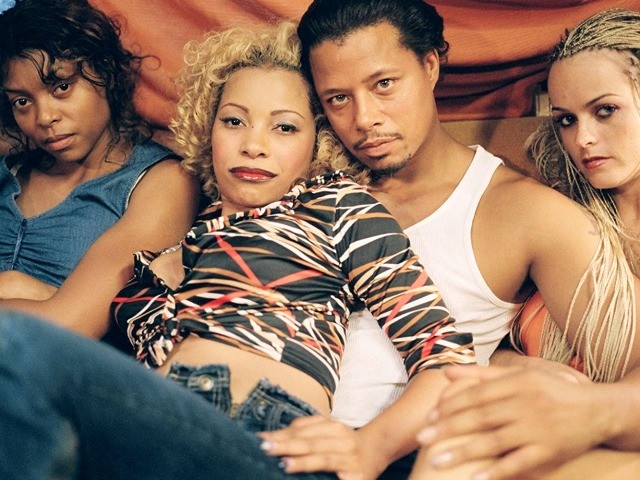
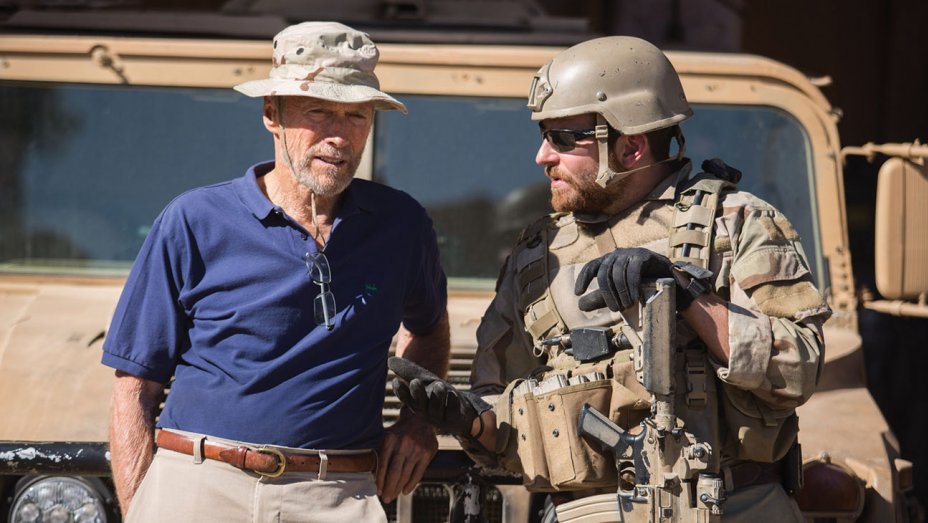
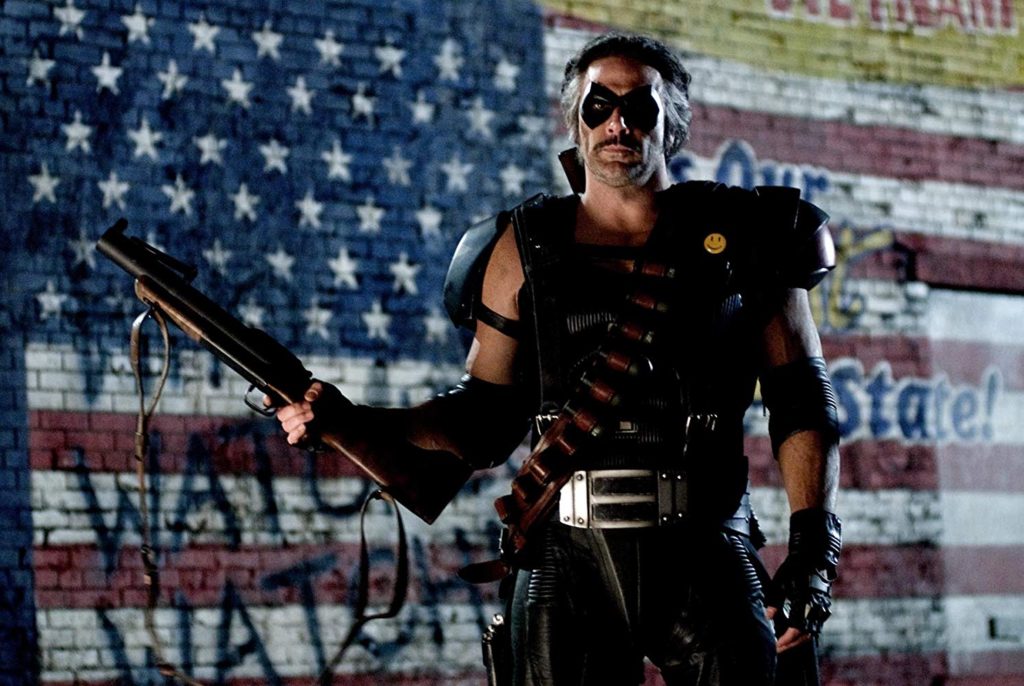
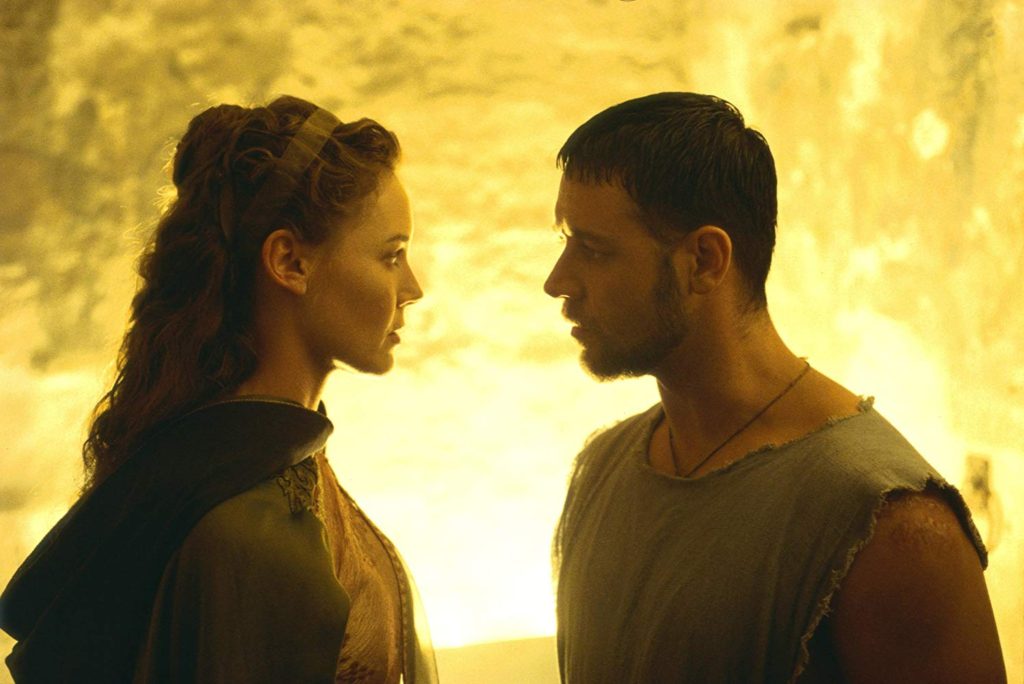
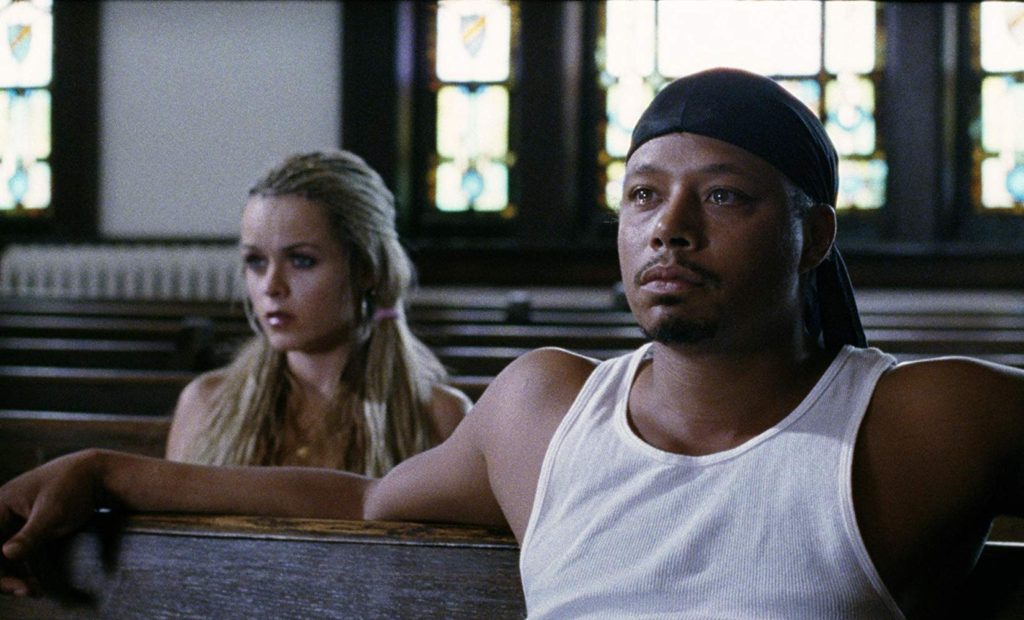
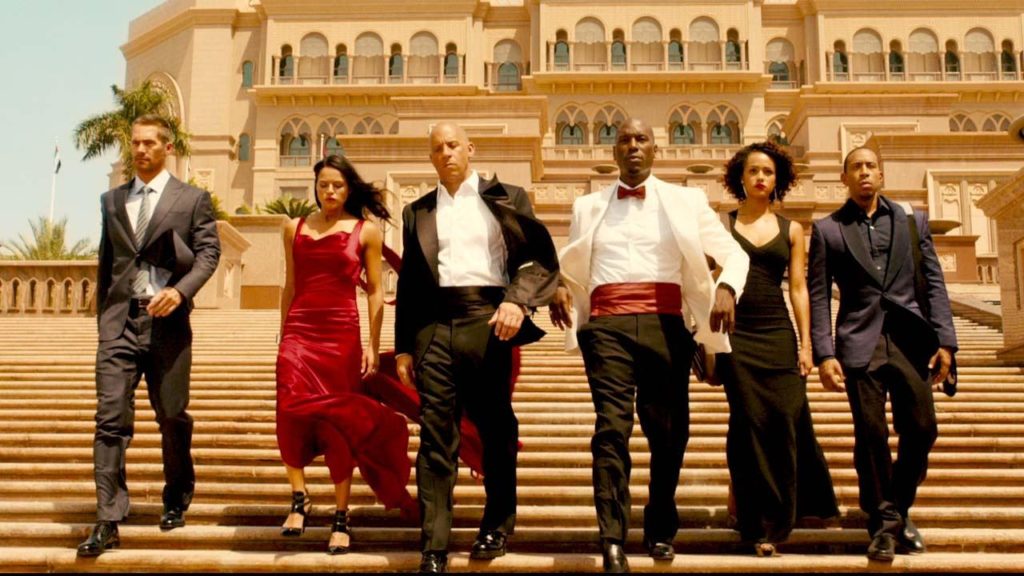
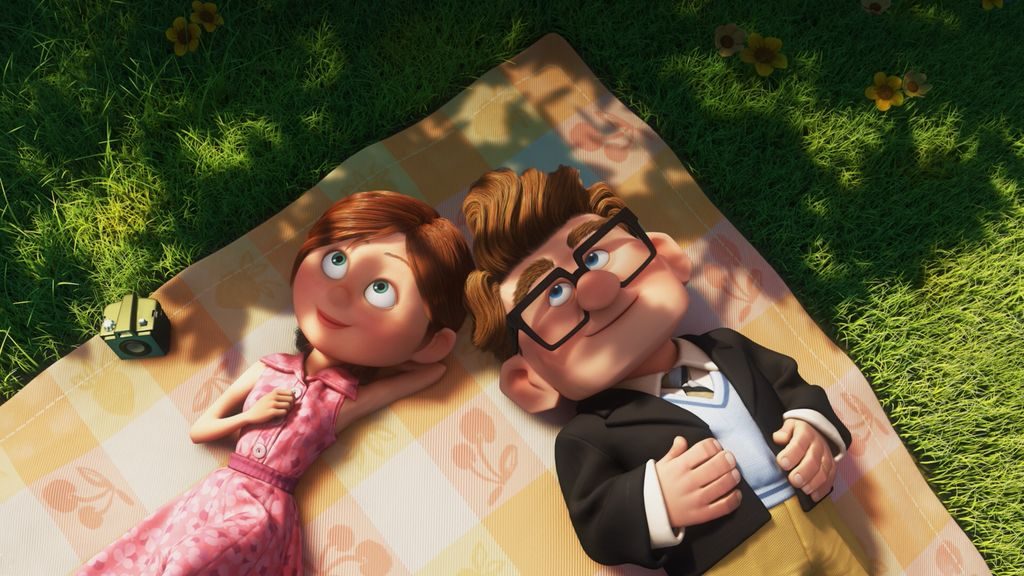
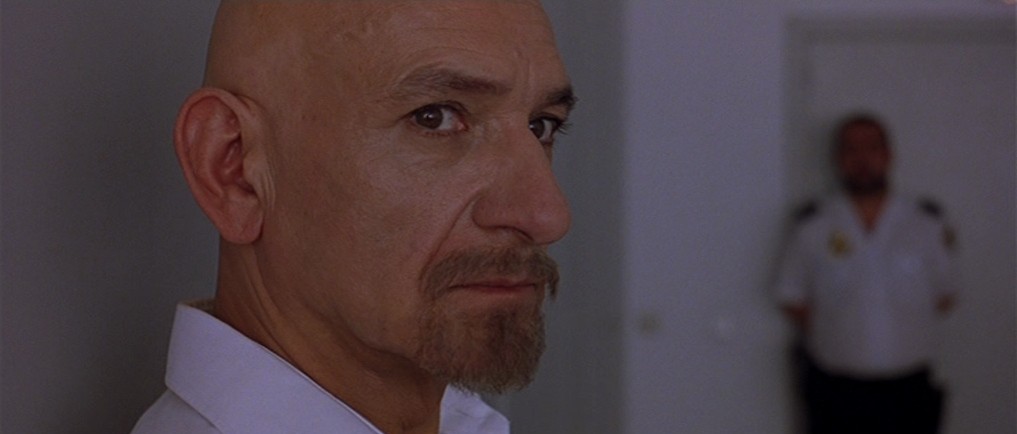
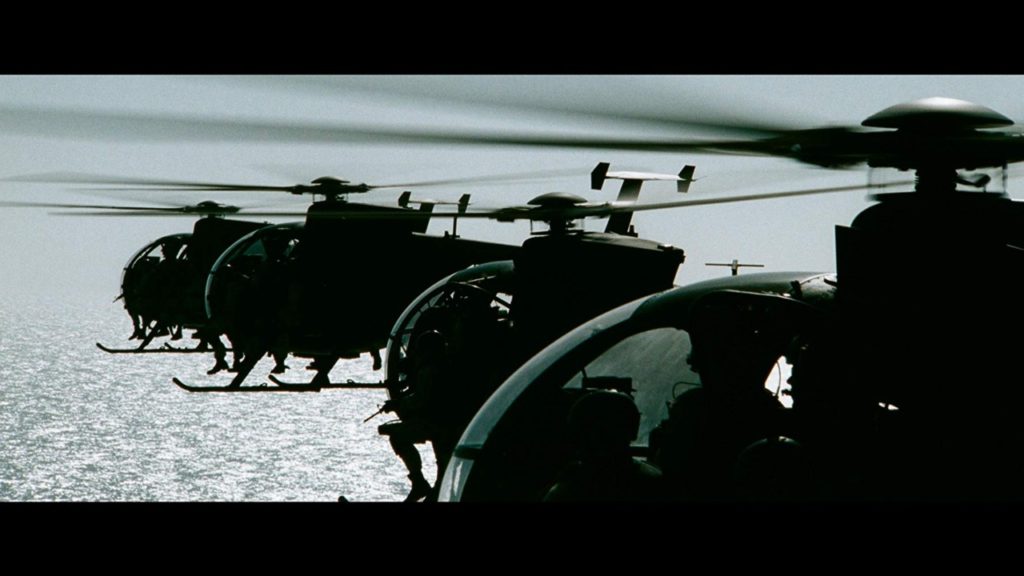
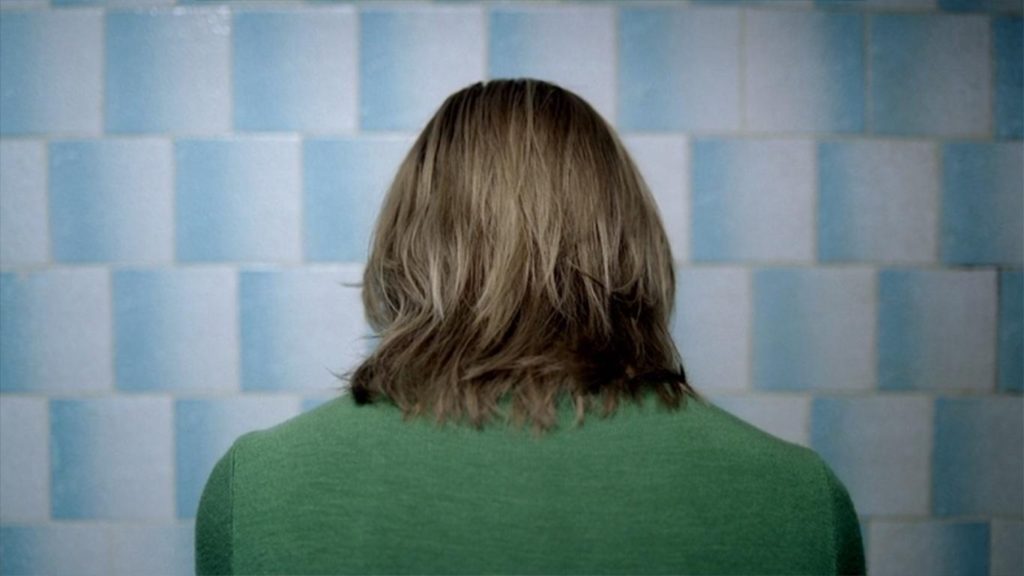
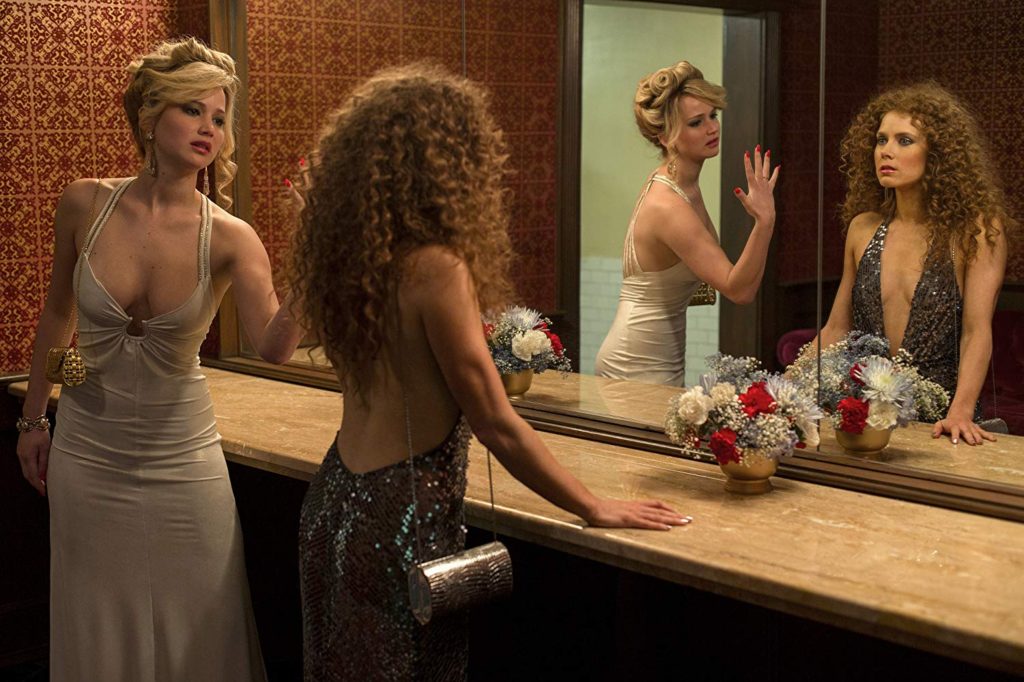
COMMENTS
Please let us know if you're having issues with commenting.